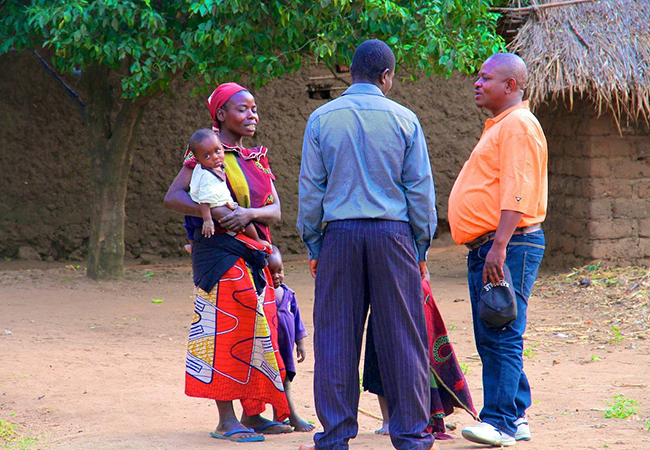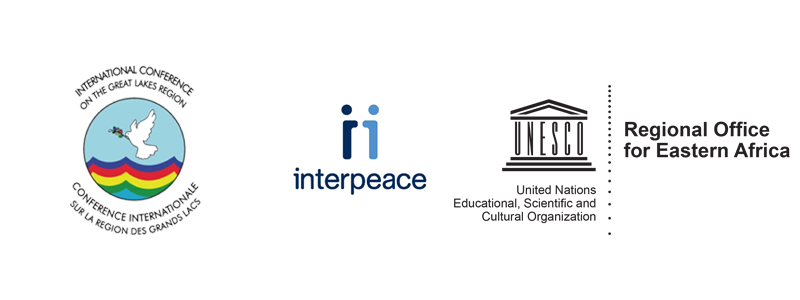ICGLR summit on formal peace education in the Great Lakes Region

Dates: 3-4 March 2016
Venue: Heron Court Hotel, Nairobi, Kenya
On 3-4 March 2016, key stakeholders from Burundi, the Democratic Republic of Congo (DRC), Rwanda and Uganda will participate in a Peace Education Summit, co-organized by the International Conference on the Great Lakes Region (ICGLR), UNESCO and Interpeace at the Heron Court Hotel in Nairobi, Kenya.
The aim of the two-day Summit is to promote a harmonized understanding of formal peace education in the region, which has over the past five decades suffered some of the world deadliest and most intractable conflicts.
Writing in a recent op-ed published by the East African newspaper ahead of the summit, ICGLR Executive Secretary, His Excellency Professor Ntumba Luaba, described the dire effects of the civil wars, genocides and cross-border conflicts that have afflicted the region. Professor Luaba decried the fact that the youth have often been at the centre of these conflicts, which claimed over six million civilian lives since the 1990s alone and have produced the world’s highest number of fatalities since the Second World War.
“Young people have conspicuously been active participants in the hundreds of armed groups that have traversed the region since independence in the 1960s, operating across sovereign borders with an unsettling ease and leaving great devastation in their wake,” Professor Ntumba wrote.
The summit’s focus on youth and formal peace education is informed by two occasions. The first is an Extraordinary Summit of ICGLR Heads of States on Youth Unemployment, held on 24 July 2014 in Nairobi, which emphasized the important role of the youth in the pursuit of peace, security and stability within the region. The second is a research study carried out in 2014 by Interpeace and six partner organisations in Rwanda, Burundi and the eastern Democratic Republic of Congo (DRC). Among other important findings, the research showed that the people in the three countries generally identified ethnic and nationalistic animosities as a fundamental impediment to peace in the region and endorsed the adoption of formal peace education as a crucial step towards strengthening existing peacebuilding efforts, and more importantly helping in the prevention of conflict among future generations.
Participants in the summit will include high level officials from government ministries responsible for education and youth affairs from the four countries, as well as Peace Education experts from UNESCO. The summit will also seek to identify key challenges for peace education within these countries, as well as at the regional level, and to discuss ways of addressing these challenges.
Media contacts:
MacDonald Mwakasendile
Director of Communications,
ICGLR,
Tel: +25779856659
Email: macdonald.mwakasendile@icglr.org
press@icglr.org ;
Twitter: @_icglr
Philip Emase
Communications Officer, Eastern & Central Africa, Interpeace
Tel: +254722801966
Email: emase@interpeace.org
Twitter: @InterpeaceECA

